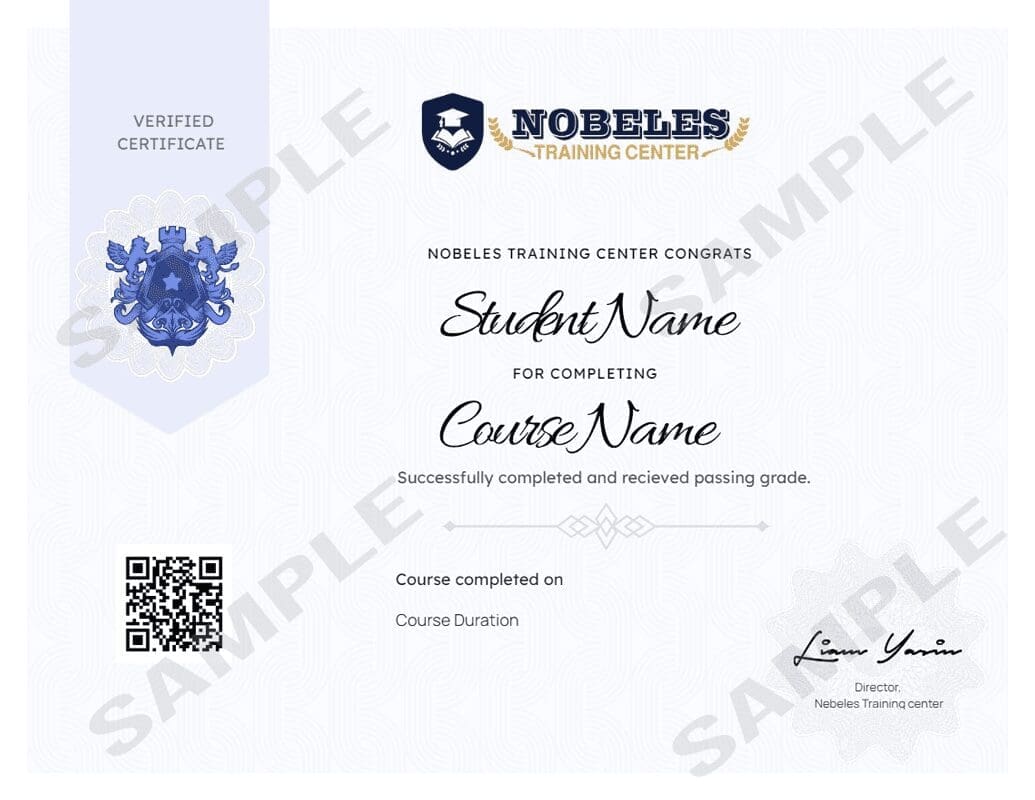Description
Curriculum
Instructor
Life coaching is a growing industry that transcends typical counseling, therapy, and even mentoring. The goal of life coaching is to address personal goals, aspirations and relationships. The key is to discover which obstacles the client can overcome and which paths will lead them to their own success.
Please enter your name and email to view the content:
Curriculum
- 5 Sections
- 5 Lessons
- 7 Hours
Expand all sectionsCollapse all sections
- Why You Need a Life CoachA life coach provides guidance, accountability, and support in achieving personal goals. They help identify obstacles, enhance self-awareness, and foster growth, empowering individuals to create meaningful, fulfilling lives and navigate challenges.1
- The Benefits of Life CoachingThe benefits of life coaching include increased clarity, improved goal-setting, enhanced motivation, and accountability. It fosters personal growth, resilience, and self-confidence, helping individuals achieve their desired outcomes and transform their lives.1
- Life Coaching ChallengesLife coaching challenges include resistance to change, unclear goals, emotional barriers, and lack of motivation. Coaches must navigate these obstacles with empathy, adaptability, and effective strategies to foster client progress and growth.1
- Basic Structure of a Coaching SessionThe basic structure of a coaching session typically includes an introduction, setting goals, exploring challenges, discussing strategies, and establishing action steps. It concludes with reflection and scheduling the next session for accountability.1
- Essential Skills for Successful CoachingEssential skills for successful coaching include active listening, empathy, effective questioning, goal-setting, emotional intelligence, and the ability to provide constructive feedback. These skills foster trust, facilitate communication, and drive client progress.1
Nobles Center

5 Students146 Courses
Review
$175.00
289 students
5 lessons
Language: English
0 quiz
Assessments: Yes
Skill level All levels
Nobles Certificate
At the end of the course, you can download a copy of your certified certificate.
Nobeles Academy
Mobile Application
Download the Nobeles center mobile app from the app app store, click the button below
Courses you might be interested in
Coaching is not just for athletes. More and more organizations are choosing to include coaching as part of their instruction. Coaching salespeople, when done correctly, will not only increase sales,...
-
0 Lessons
$295.00



